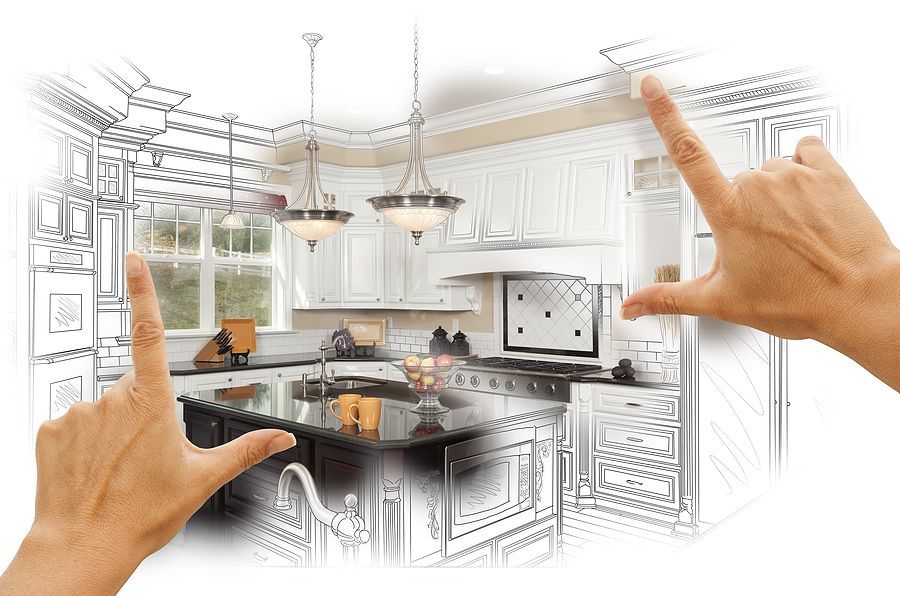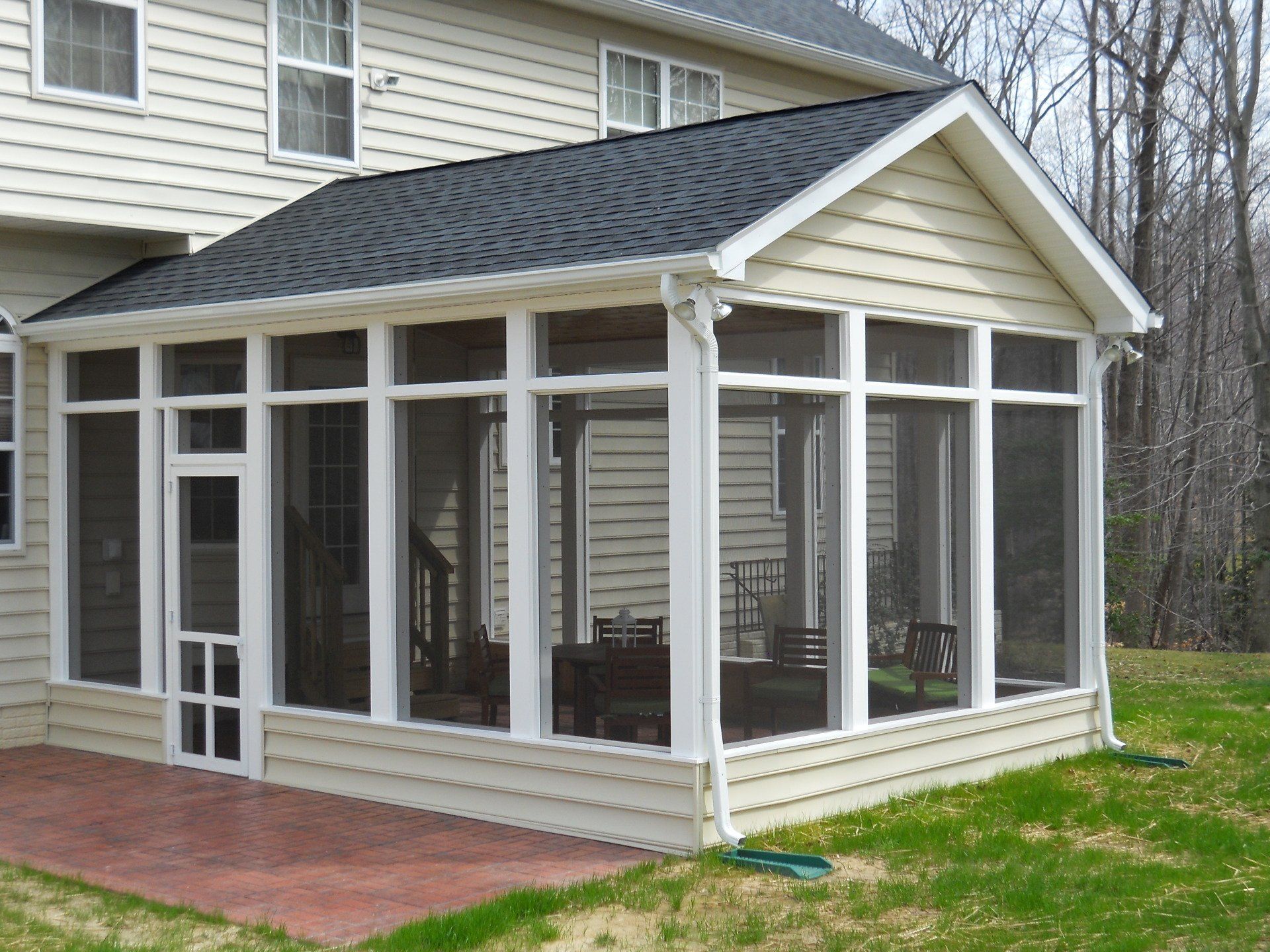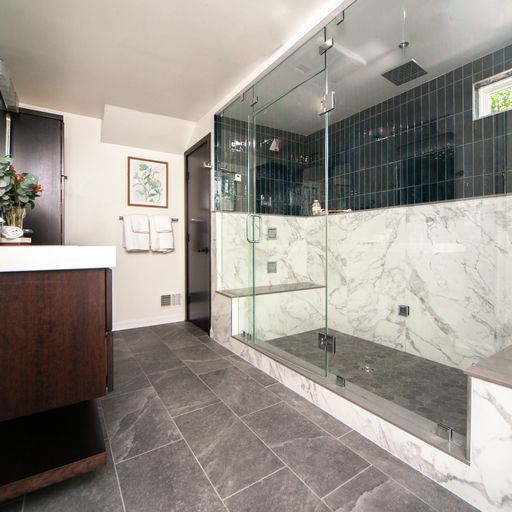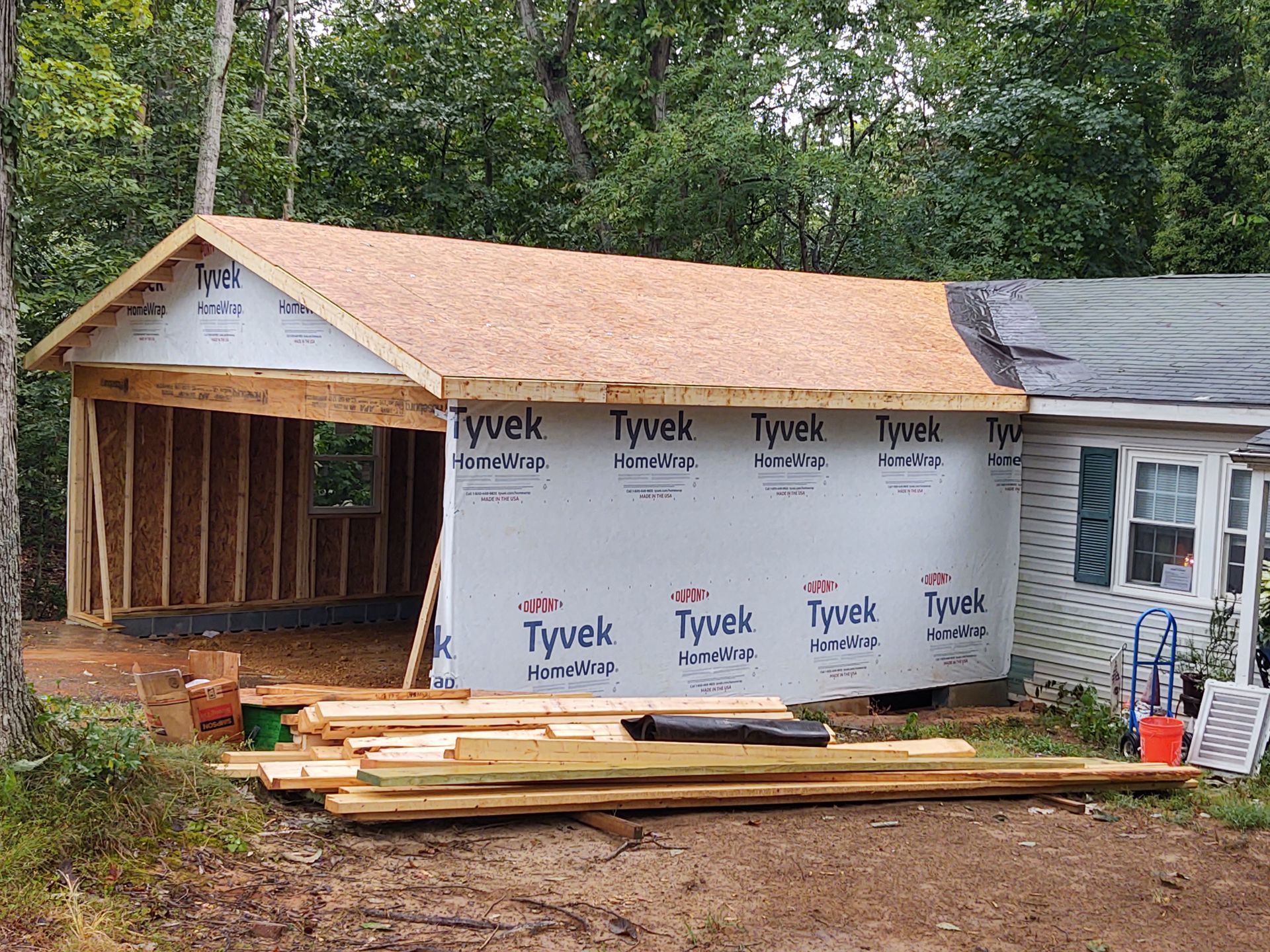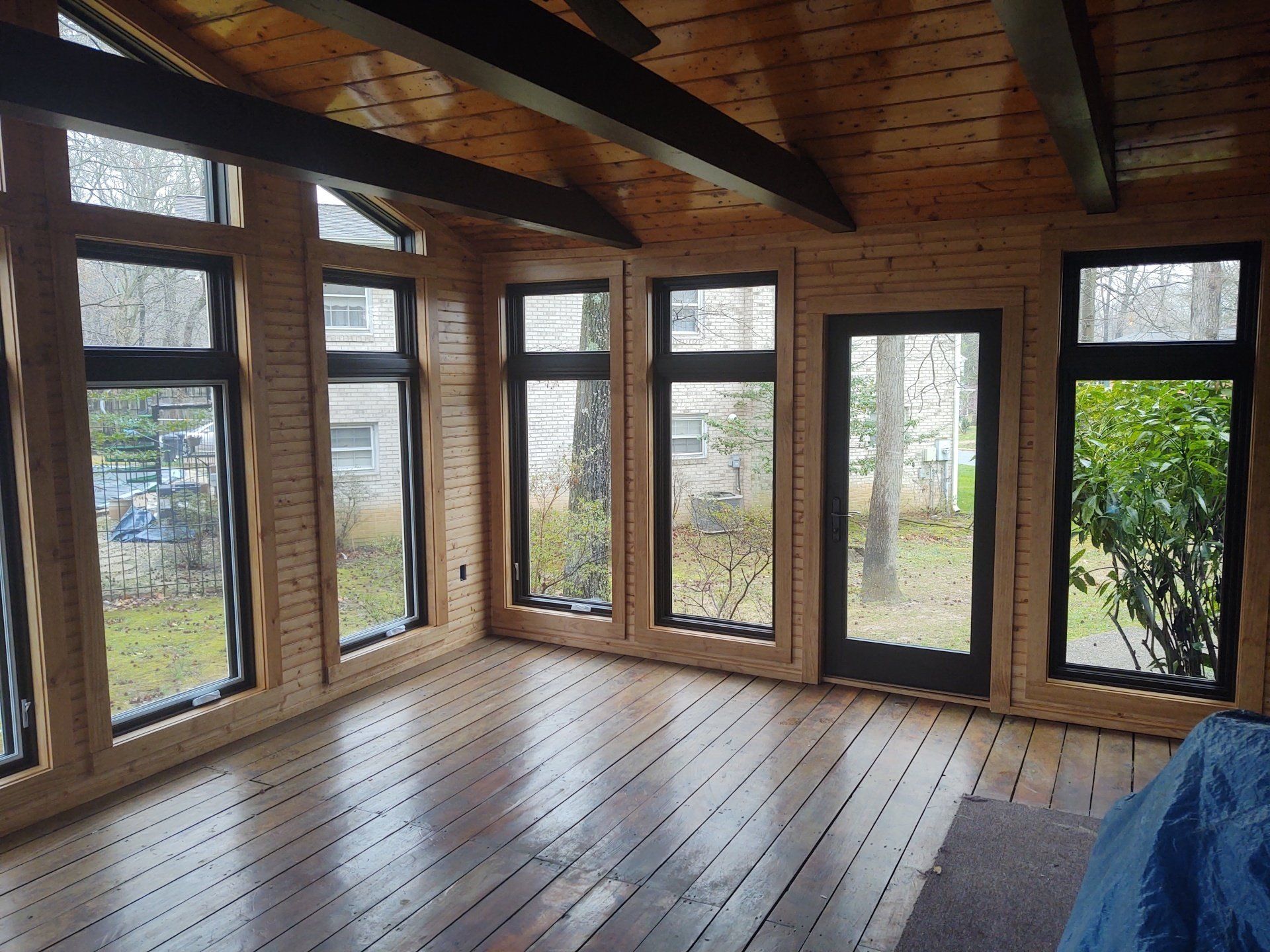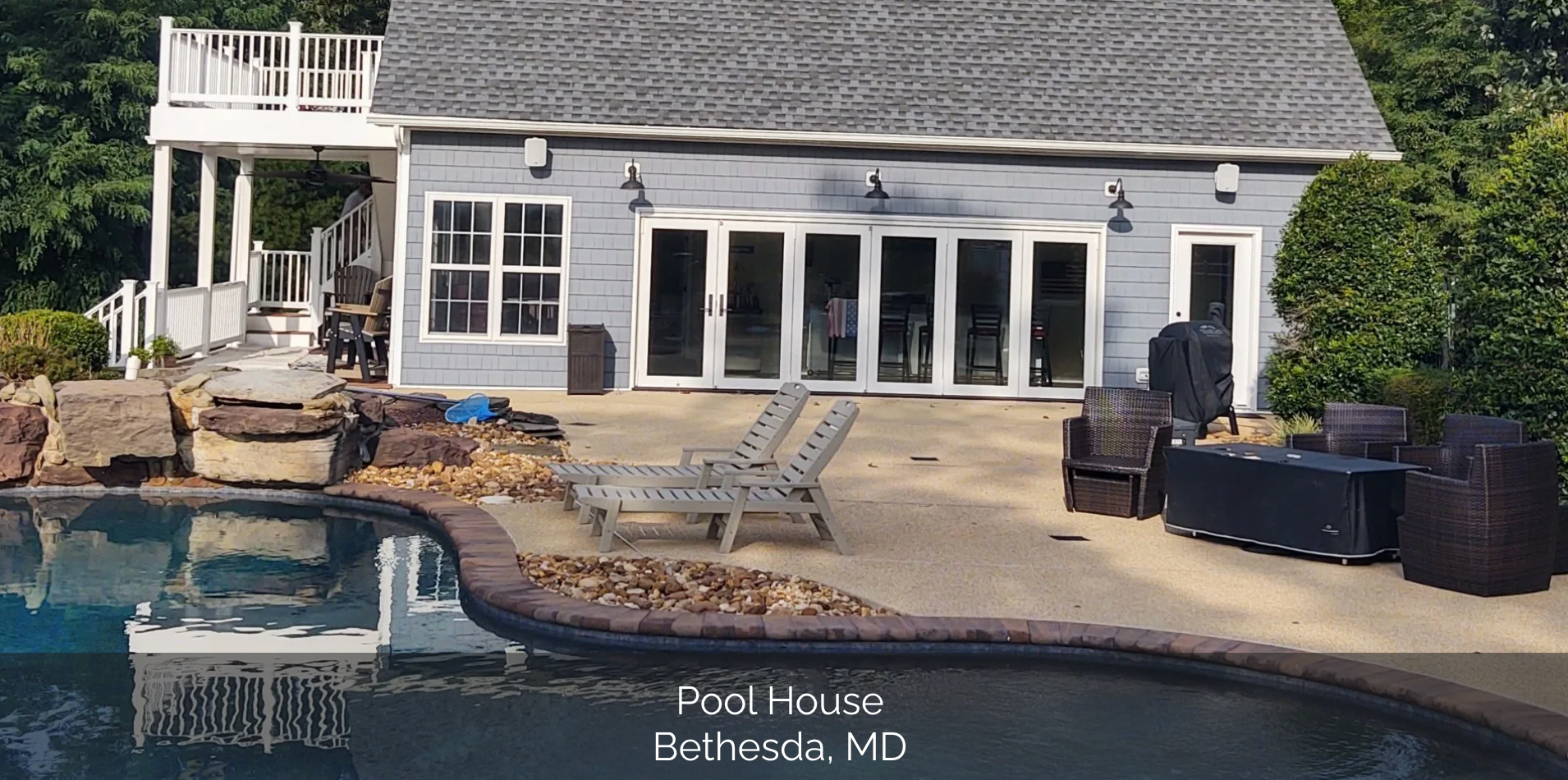Planning Your Home Renovation

Renovating your home can be an exciting and rewarding experience. Whether you're looking to improve functionality, increase the value of your property, or simply update the look and feel, there are several important factors to consider before diving into the renovation process. Taking these aspects into account will ensure that your project is well-planned, cost-effective, and successful. Here are some key things to consider when renovating your home.
- Set a Budget
Determine how much you are willing to invest in your renovation project before you start. Create a detailed budget that includes all foreseeable expenses, such as materials, labor, permits, and any unforeseen or additional costs. Allocating your resources wisely will help you prioritize the essential elements of your renovation and prevent overspending. - Identify Your Goals
Clearly define your renovation goals. Are you looking to add more space? Enhance energy efficiency? Improve functionality? Upgrade the aesthetics? Prioritize your objectives, ensuring they align with your needs and long-term vision for your home. This will guide your decision-making throughout the renovation process. - .Plan and Research
Gather ideas, inspiration, and information about the renovation process. Explore design magazines, websites, and social media platforms to get a sense of different styles, materials, and layouts. Research local building codes, regulations, and permits to ensure your plans comply with the law. Create a detailed renovation plan, including a timeline and a list of necessary professionals, suppliers, and permits required. - Work with Professionals
Depending on the complexity of your project, it may require hiring professionals, such as architects, contractors, or interior designers. Seek recommendations, read reviews, and interview potential candidates. Make sure they understand your vision, are experienced in your type of renovation, and can effectively communicate and collaborate with you. - Consider Functionality
Focus on improving the functionality of your space. Assess how you currently use the area and think about any future needs. Ensure that your renovation plans optimize the flow and use of the space. Consider factors like storage, lighting, traffic patterns, and the purpose of each room. - Assess Structural Issues
Before embarking on cosmetic renovations, inspect your home for any structural issues that may require attention. Look out for roof leaks, foundation cracks, electrical or plumbing problems, or any other potential hazards. It is crucial to address these issues first to ensure your home is safe and secure. - Energy Efficiency
Consider making your home more energy-efficient, which can reduce utility bills and improve sustainability. Updating insulation, windows, appliances, and water-saving fixtures can make a significant difference over time. Research and look for products with high energy-efficient ratings that fit your budget. - Consider Resale Value
If you plan on selling your home in the future, consider renovations that will increase its resale value. Research the features that are in high demand in your area, such as updated kitchens, bathrooms, or outdoor living spaces. However, ensure any changes you make reflect your personal preferences and lifestyle, as you will also enjoy the benefits while living in your home.
Renovating your home requires careful planning and consideration to ensure a successful outcome. By setting a budget, defining your goals, researching, working with professionals, prioritizing functionality, addressing structural issues, improving energy efficiency, and considering resale value, you'll be well-prepared to start your renovation journey. Remember, proper planning is the key to a beautiful and functional home.
Contact us to discuss your project and get an estimate..

